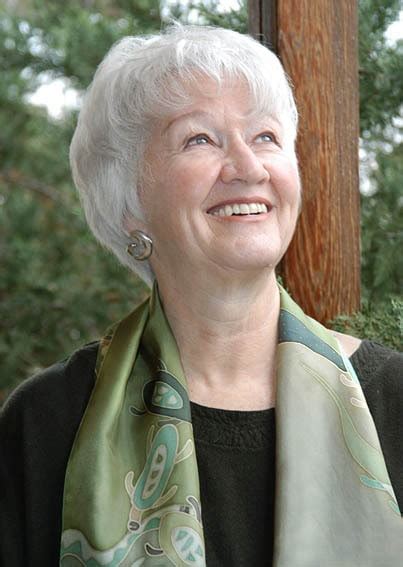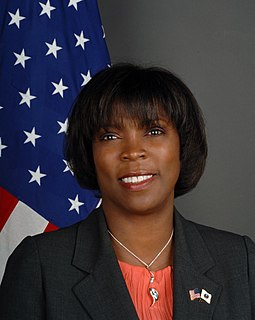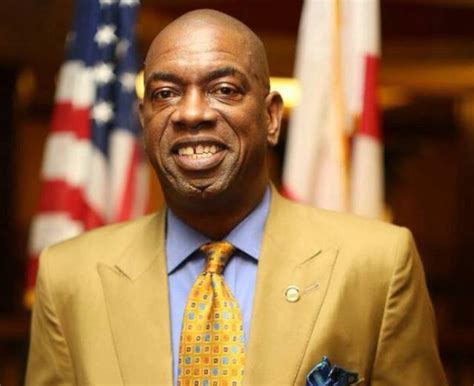A Quote by Robert Collier
Sooner or later comes a crisis in our affairs, and how we meet it determines our future happiness and success. Since the beginning of time, every form of life has been called upon to meet such crisis.
Related Quotes
I have gained and sustained my optimism as a humble student of our living universe, our living Earth, which clearly shows us the way out of our adolescent crisis into a mature global future. The sooner we create our vision of all we desire, set our intention to implement it together, and put our individual capacities into collective action, the greater our chances of success.
As we lose our vagueness about ourself, our values, our life situation, we become available to the moment. It is there, in the particular, that we contact the creative self. Art lies in the moment of encounter: we meet our truth and we meet ourselves; we meet ourselves and we meet our self-expression .
We trained hard, but it seemed that every time we were beginning to form up into teams we would be reorganized. Presumably the plans for our employment were being changed. I was to learn later in life that, perhaps because we are so good at organizing, we tend as a nation to meet any new situation by reorganizing; and a wonderful method it can be for creating the illusion of progress while producing confusion, inefficiency and demoralization.
It seems to rise again when the crisis times come, and this is a time of most severe crisis, as we all know, not just for the history of the United States and the survival indeed of our democracy, but for the future peace of the world. And never before probably has the need for interfaith commitment been nearly as great as it is at this very moment.
The concept of a midlife crisis is a well known one perpetuated by books and films. And recently the idea of a quarter-life crisis, between 20 and 30, has also gained a fair amount of media coverage. But there's a surprising lack of robust research on these events, and almost none on later life crisis.
We trained hard ... but it seemed that every time we were beginning to form up into teams we would be reorganized. I was to learn later in life that we tend to meet any new situation by reorganizing; and a wonderful method it can be for creating the illusion of progress while producing confusion, inefficiency, and demoralization.
We have been in recess since July, and during that time there has been a fuel crisis, a Danish no vote, the collapse of the euro and a war in the middle east, but what is our business tomorrow? The Insolvency Bill [Lords]. It ought to be called the Bankruptcy Bill [Commons], because we play no role.
... it is not a crisis of our environs or surroundings; it is a crisis of our lives as individuals, as family members, as community members, and as citizens. We have an 'environmental crisis' because we have consented to an economy in which by eating, drinking, working, resting, traveling, and enjoying ourselves we are destroying the natural, god-given world.


































